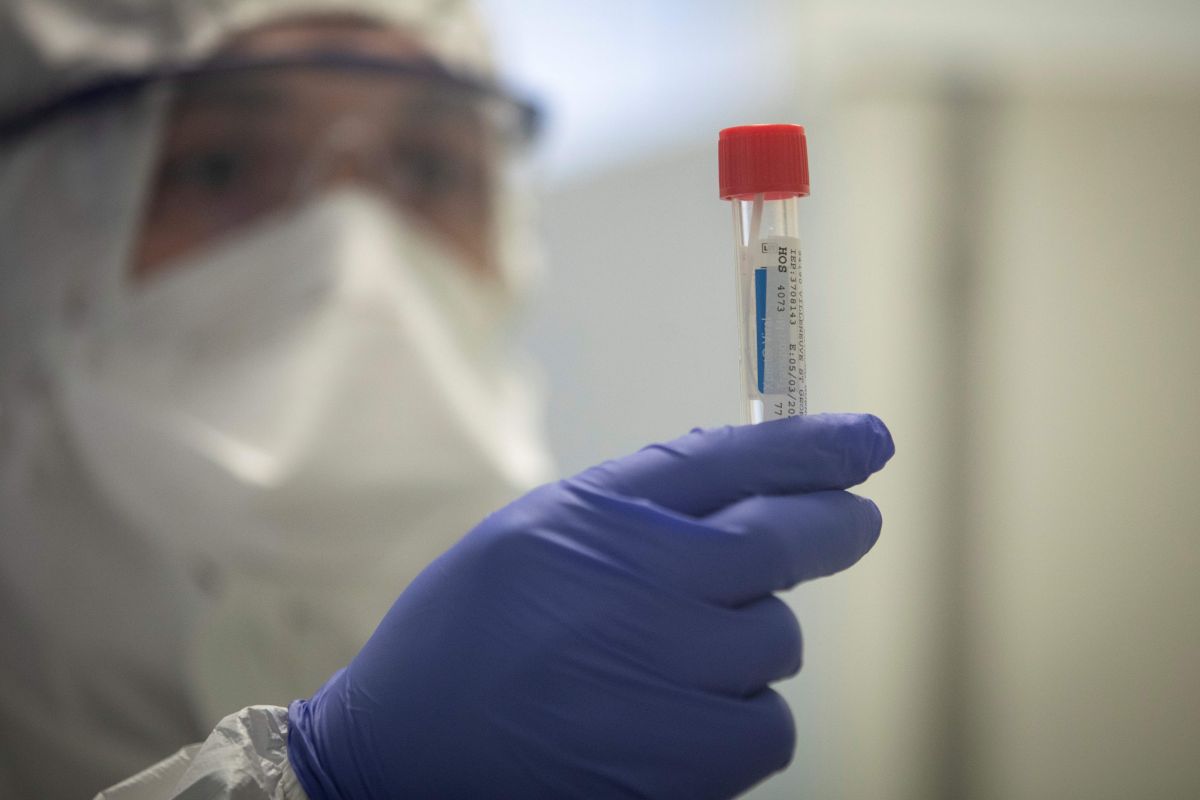On the 11th of this month, the federal authorities ended the public health emergency regarding the COVID-19 pandemic. From the government’s point of view, that meant changes in many aspects of public health. But the official end of the health emergency also brings changes for the general population. And because our community has been especially hard hit by the pandemic, it’s important that our people stay informed.
“According to updated data from the 2020 Census,” says Maria Lugo, Associate Director of Health Initiatives for the Hispanic Federation, “the Latino community makes up almost 19 percent of the country’s population. And yet, more than 24 percent of COVID cases have been reported in our community.”
Even more serious, in some states the incidence of COVID has been even higher. For example, just over 39 percent of California’s population is Hispanic; but as of last month, the proportion of Latinas and Latinos infected with the virus was over 44 percent.
In practical terms, the end of the health emergency will not affect access to vaccines against COVID-19 for now. The federal and state governments have pledged to continue distributing this saving vaccine free of charge to both children and adults. Those who want to be vaccinated – and everyone should do so fully, especially the elderly and those with low defenses – can consult their doctor or other authorized health personnel, their pharmacy, or the clinic or hospital that is most convenient for them.
“For some people,” María explains, “COVID-19 tests for home use will no longer be covered by their health insurance. This is because at the end of the emergency, health insurance companies no longer have the obligation to waive the costs of these tests, or to provide them free of charge”.
That does not mean that there are no longer sites where you can take this test for free. The Centers for Disease Control, or CDC, offers a free CDC COVID-19 Testing Locator https://testinglocator.cdc.gov/ that allows you to find community organizations and pharmacies that participate in the Program Increasing Community Access to Testing (ICATT) https://www.cdc.gov/icatt/index.html.
Finally, medicines to prevent severe cases of COVID-19, such as Paxlovid, can be obtained free of charge, but only until the stocks allocated for that purpose are exhausted. When that happens, those drugs will have to be purchased at prices determined by their manufacturers and health insurance companies.
“It is important that our community be alert,” María concludes by warning, “because cases of scams over the phone or online have increased. The most frequent cases involve people with Medicare. They offer the tests free of charge, and people give a series of personal details. Using that information, the scammers bill Medicare for the tests, which they sometimes send to their victims, but often don’t. In some cases, criminals not only bill Medicare for those tests but also for products or services that no one else gets or will get.”
I end by telling you that neither Medicare nor Medicaid calls anyone to offer them anything related to the pandemic.
If you want to know more about the Hispanic Federation and our many other organizations, visit www.hispanicfederation.org or follow us on Facebook, Instagram and Twitter
Celebrate our 33rd anniversary with us, and see you in the next column!
Frankie Miranda is the president of the Hispanic Federation
